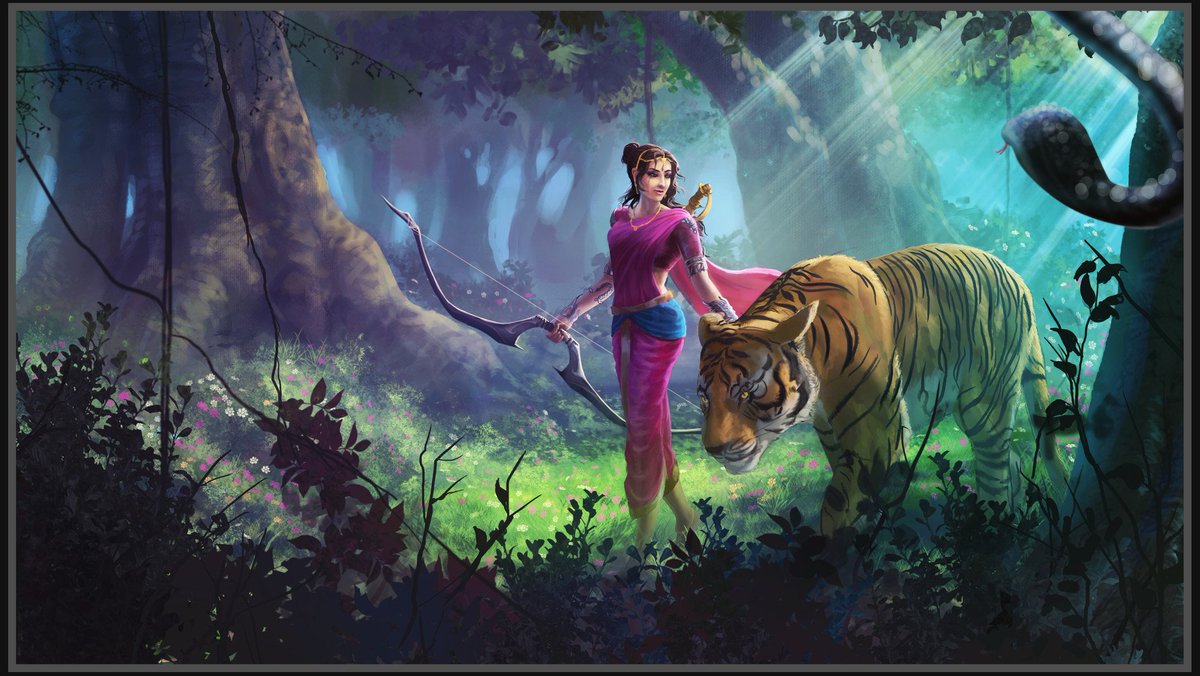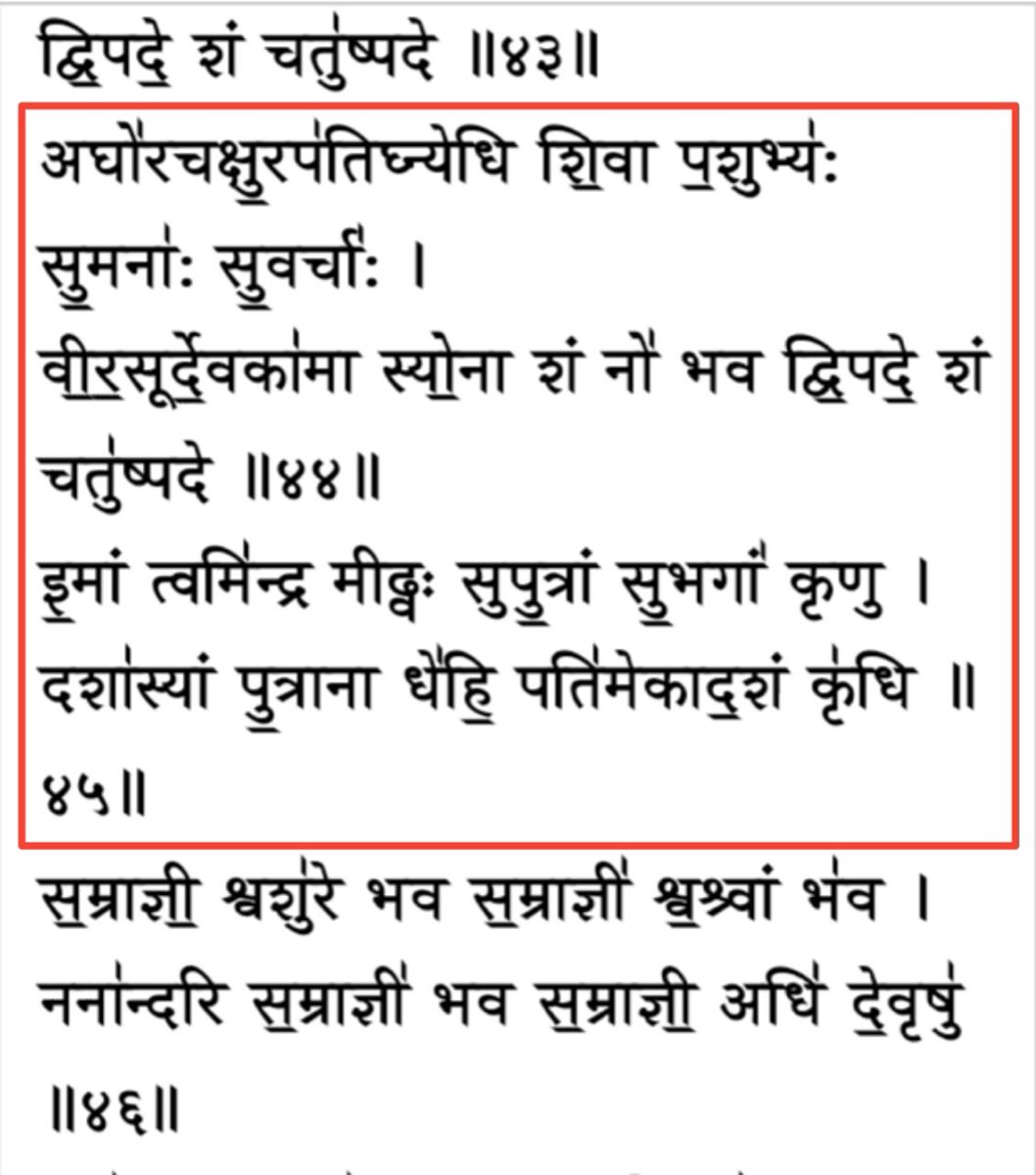
Romsha – A Vedic Rishika
Romsha is the rishika of the 7th mantra of the 126th Sukta of the first Mandal of the Rigveda. The Bhashyakar Sayan has called her the Brahmavadini and daughter of brhaspati.
Romsha is the rishika of the 7th mantra of the 126th Sukta of the first Mandal of the Rigveda. The Bhashyakar Sayan has called her the Brahmavadini and daughter of brhaspati.

There was a very great and majestic king, whose name was Bhavayavya. His father's name was Bhavya. Bhavayavya was married to Romsha, the daughter of Gandhar Desha.
Despite being a young woman, there was probably no full expression of yovna in Romasha's body. Therefore, Bhavayavya considered her as a balika and did not consider her worthy of following the Grhastha Dharma.
Distressed by her husband's neglect, Romasha renounced her lajja and shyness to explain her identity, proving her worth with a loud voice. Addressing her husband in this mantra of the Rigveda, Romasha's 'exclamation' is thus expressed.
उपोप मे परा मृश मा मे दभ्राणि मन्यथाः। सर्वाहमस्मि रोमशा गन्धारीणामिवाविका ॥
O my dear husband, O King, I am a protector among the upholders of the kingdom and I posses beautiful Hair. Please seriously take into consideration my virtues and do not look down upon my actions.
O my dear husband, O King, I am a protector among the upholders of the kingdom and I posses beautiful Hair. Please seriously take into consideration my virtues and do not look down upon my actions.
The queen addressing the king says, I'm not inferior to you. As you are dispenser of justice among men, in the same manner, I'm dispenser of justice among women. Let me bathe dispenser of justice among the women, as have been the queens before.
Brahmavadini Romasha underlined the truth of her life through this mantra. Romasha clearly states that— मा मे दभ्राणि मन्यथाः। Do not make me feel small. अहमस्मि रोमशा। I am Romsha. This sentence is a strong expression of the confidence of every woman.
|| नारी तू नारायणी ||
|| नारी तू नारायणी ||
• • •
Missing some Tweet in this thread? You can try to
force a refresh







